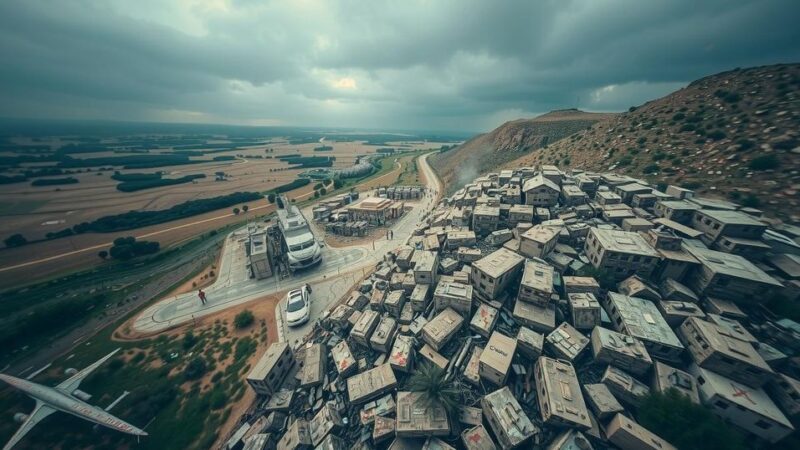Leaders in Nicaragua and the Democratic Republic of Congo are proposing constitutional changes criticized for threatening democratic integrity. Congo’s President Tshisekedi aims to draft a new constitution possibly removing term limits, while Nicaragua’s President Ortega seeks to extend presidential terms and enhance state control. Both cases highlight increasing concerns about authoritarianism in the global South.
Political leaders in Nicaragua and the Democratic Republic of Congo are actively pursuing constitutional reforms that face significant scrutiny from critics concerned about the potential erosion of democratic principles. In Congo, President Félix Tshisekedi has initiated efforts to draft a new constitution, which opponents fear could lead to the removal of term limits and further consolidate his power. Meanwhile, in Nicaragua, President Daniel Ortega is advocating for amendments that would extend presidential terms and enhance state control over media, raising alarms about the trajectory toward authoritarianism. Both situations fuel apprehension over the stability of democracy in the global South amid accusations of leaders seeking to entrench their authority.
The political climates in Nicaragua and the Democratic Republic of Congo exhibit strikingly similar tensions as leaders seek to amend constitutions for personal and political power enhancements. Critics argue that such constitutional changes are more than mere governance improvements; they represent a pivotal shift toward authoritarianism that undermines democratic institutions. With both countries experiencing periods of unrest and fragile governance, the proposed reforms serve as a barometer of the broader implications for democratic processes in regions facing historical challenges.
The constitutional proposals in Nicaragua and Congo encapsulate a growing trend among political leaders in the global South to consolidate power under the guise of governance reform. Both President Tshisekedi and President Ortega present their plans as necessary for stability; however, the responses from opposition figures and civil society indicate deep concerns over democratic integrity. As both nations navigate these critical phases, the international community must remain vigilant and responsive to developments that threaten democratic norms.
Original Source: www.firstpost.com




